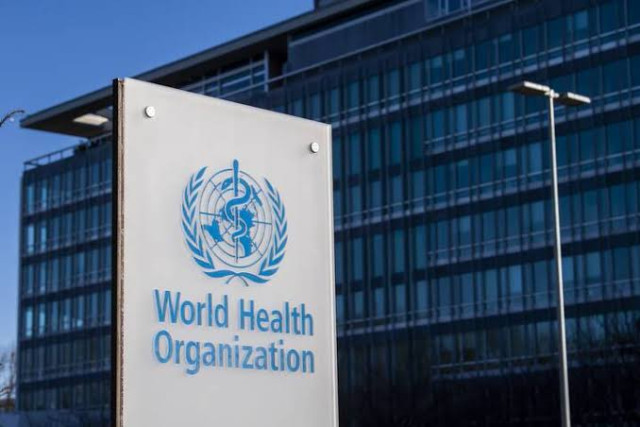The head of the World Health Organization (WHO) On Monday, called on nations to adopt the Pandemic Agreement aimed at preventing a recurrence of the Covid-19 crisis.
The member states of the WHO are currently convening for their annual World Health Assembly, which is the decision-making body of the UN health agency.
“This assembly will review and hopefully endorse the WHO Pandemic Agreement,” stated WHO chief Tedros Adhanom Ghebreyesus during his inaugural speech at the gathering in Geneva. “This is indeed a momentous occasion.”
The agreement's text was finalized last month after more than three years of negotiations. The United States withdrew from the discussions after former President Donald Trump initiated a one-year process for the country to exit the WHO. “Even amid adversity and significant opposition, you persevered tirelessly and achieved your objective,” Tedros remarked.
The hard-won consensus evoked feelings of “joy, triumph, relief, and exhaustion,” he added. “I anticipate your approval of the agreement.”
The Pandemic Agreement, which focuses on preventing, preparing for, and responding to pandemics, is likely to be ratified by the assembly on Tuesday. Its goal is to enhance the detection and management of pandemics through improved international coordination, surveillance, and more equitable access to vaccines and treatments.
Negotiations were intense due to tensions between affluent and developing nations, the latter expressing concerns about being excluded from vaccine access during the Covid-19 pandemic. Some opposed the agreement, fearing it might infringe upon state sovereignty.
Countries have until May 2026 to finalize the specifics of the agreement’s Pathogen Access and Benefit-Sharing (PABS) mechanism.
The PABS mechanism relates to the sharing of pathogens that pose a pandemic risk, as well as the benefits derived from them, such as vaccines, tests, and treatments. Once the PABS framework is established, the agreement can be ratified, requiring sixty ratifications for the treaty to take effect.




















